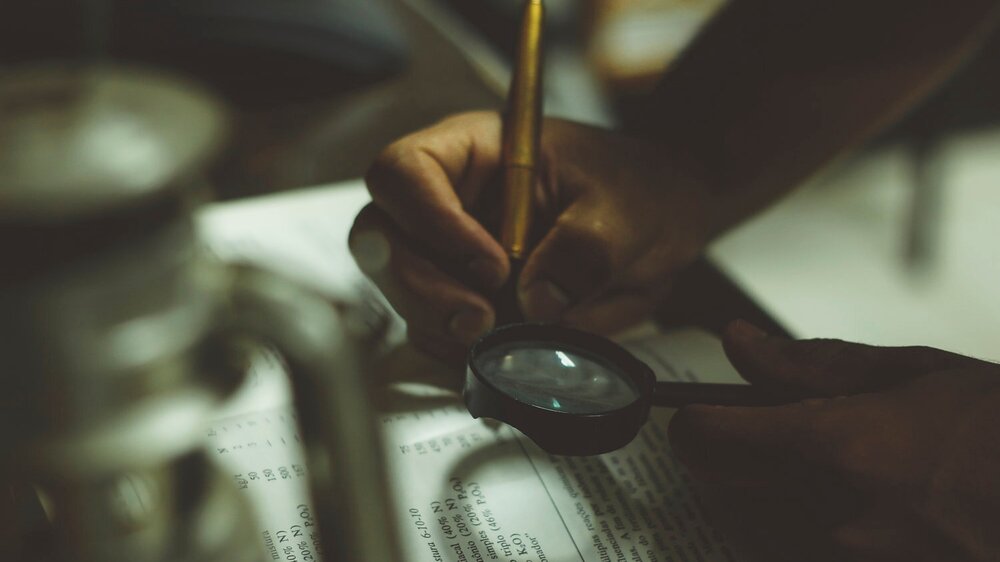Select Wisely: Ways to Recognize Quality Confidential Investigation Services
Whenever you come across yourself in need of private investigation services, the task of selecting the right professional can feel intimidating. Whether you are facing a personal matter such as infidelity or a business issue like employee wrongdoing, confirming that you engage a dependable and competent private investigator is crucial. With so many options on the market, it’s critical to know what to search for in a private investigator, the essential traits that separate the best apart, and how to prevent common traps that can lead to unfavorable results.
In this article, we’ll discuss the fundamental qualities and factors that should guide your choice. From evaluating credentials and experience to grasping the necessity of discretion and ethics, we’ll provide you with a detailed checklist to help you maneuver your way through the choosing process. By the end of this article, you'll be prepared with the information needed to make an educated choice, making sure that your investigation leads to the results you seek.
Key Characteristics of Professional Private Investigators
A trustworthy private investigator should possess excellent analytical skills, enabling them to break down information and uncover hidden details that others might fail to see. This analytical ability is critical when evaluating evidence, identifying patterns, and crafting strategies to achieve targeted outcomes for clients. A professional who can reason critically and adapt to dynamic situations will provide a better chance of effectiveness in investigative work.
Experience is another key trait that defines quality private investigators from others. Seasoned professionals not only have honed their skills through years of practice but also have built a network of contacts and resources that can be crucial during investigations. Individuals with a diverse background in different investigative fields, such as surveillance or corporate investigations, bring a abundance of knowledge that can significantly benefit clients in a range of situations.
Moral principles and integrity are essential qualities for private investigators, as clients place their trust in them to handle delicate information with caution. A quality investigator should follow legal and ethical standards, ensuring their methods are not only effective but also lawful. This pledge to ethical practice fosters trust between the investigator and the client, creating a strong foundation for a successful working relationship.
Crucial Questions to Pose a PI
When considering engaging a private investigator, it is important to inquire targeted inquiries to ensure you are picking the appropriate investigator for your needs. Start by asking about their background in dealing with cases similar to yours. An investigator with a proven track record in your area of concern can offer important insights and a better understanding of the subtleties involved. Additionally, consider about their approaches and resources used during the investigation to assess if they employ contemporary and moral practices.
Licensing and credentials are essential aspects to check when hiring a PI. Be sure to ask about their qualifications and whether they maintain a valid license to function in your area. This not only confirms that they meet legal criteria but also provides an added layer of professional accountability. You can further check about any industry memberships that demonstrate their dedication to industry standards.
Finally, consider their communication style and availability. It is important to ensure that they will keep you updated throughout the investigation duration. Inquire about how frequently you can anticipate updates and the most effective way to reach them. Open communication can create a considerable difference in your comfort level and trust in the investigator, adding to a more productive partnership.
Essential List for Hiring a Private Investigator
As you selecting a private investigator, begin with verifying their credentials. Ensure they are licensed to operate in your area and have the necessary training and experience in the exact area you need help with, whether you need surveillance, background checks, or infidelity investigations. Investigate their professional affiliations and any certifications they may hold, as these can represent a commitment to ethical standards and continued education in the field.

After that, consider their reputation and past client experiences. Look for reviews and testimonials from previous clients to assess their success and reliability. During your initial consultation, pay attention to their communication style and responsiveness. A reliable private investigator should be open to discuss their methods and prepared to answer your questions. This conversation can offer insight into their professionalism and whether they will be a good fit for your needs.
Lastly, discuss your specific requirements and obtain a clear understanding of the costs involved. A professional investigator will provide you with a detailed plan that outlines their approach and any potential expenses. Steer clear of anyone who demands payment upfront without clarifying their services clearly. Make sure you comprehend their billing practices and any extra fees that could arise. This clarity will help you prevent surprises and ensure that you hire someone who aligns with your expectations.